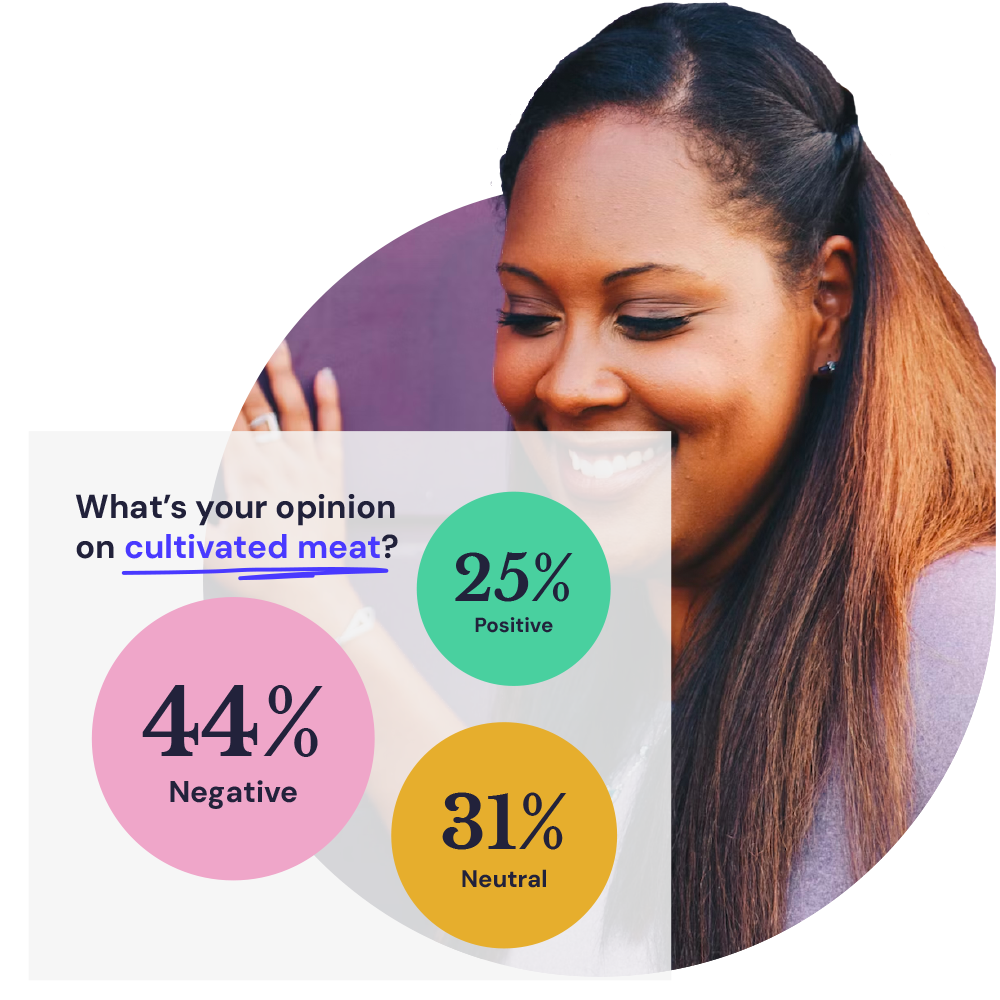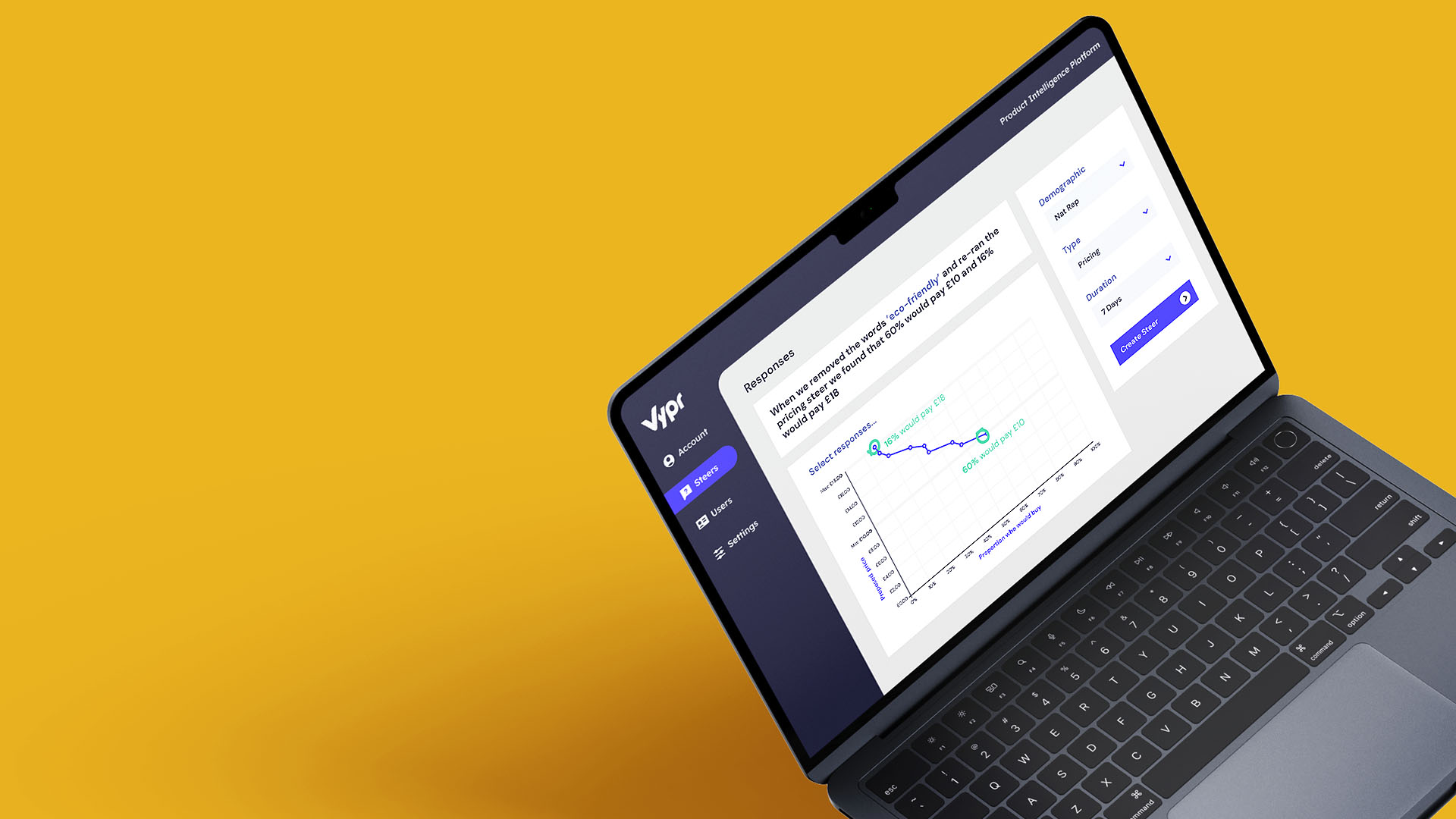
Behavioural Science
Improve your product validation process by tapping into what consumers really think and do with behavioural insights from Vypr.
What is behavioural science?
Behavioural science helps businesses discover what consumers actually do rather than what they say they do. This allows you to make accurate decisions throughout the product development life cycle based on what consumers really think about a product.

Product intelligence driven by behavioural science
Created with behavioural scientists from the London School of Economics, our platform combines quantitative and qualitative data. It gives you access to consumer intelligence to build products that meet your consumers’ needs.
Built on science
We continually enhance our consumer intelligence platform by making updates that reflect the latest behavioural science research. This means we truly lead the way in helping our customers understand user behaviours, such as how and why people make purchasing decisions.
More robust data
Vypr’s scientific foundation means our consumer data is robust and reliable because:
- We ask the right questions in the right way
- We better understand how people make decisions
Behavioural product validation and testing
Our brains make decisions in the following two ways:
- System 1: fast, instinctive and emotional decisions
- System 2: slower, more deliberate and logical decisions
For example, in the supermarket, we tend to use System 1. It takes us just 3 seconds to buy a product — and even less to decide what to buy.
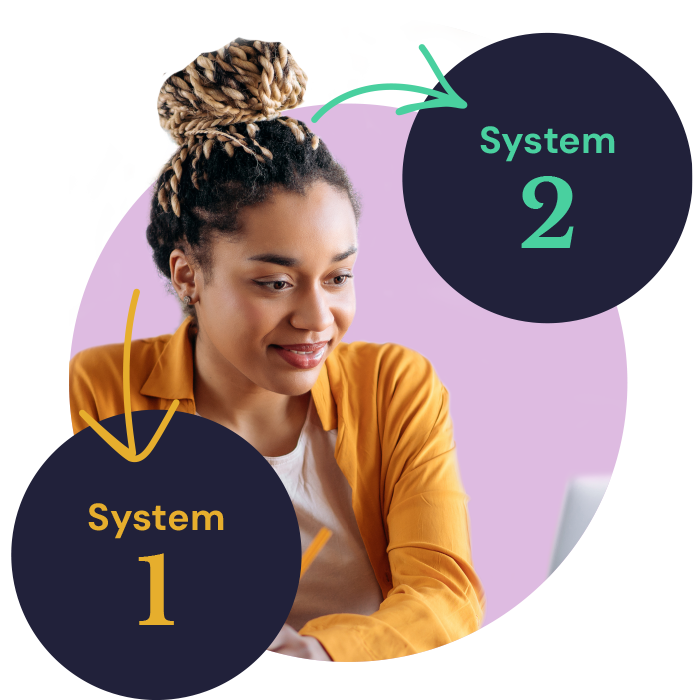
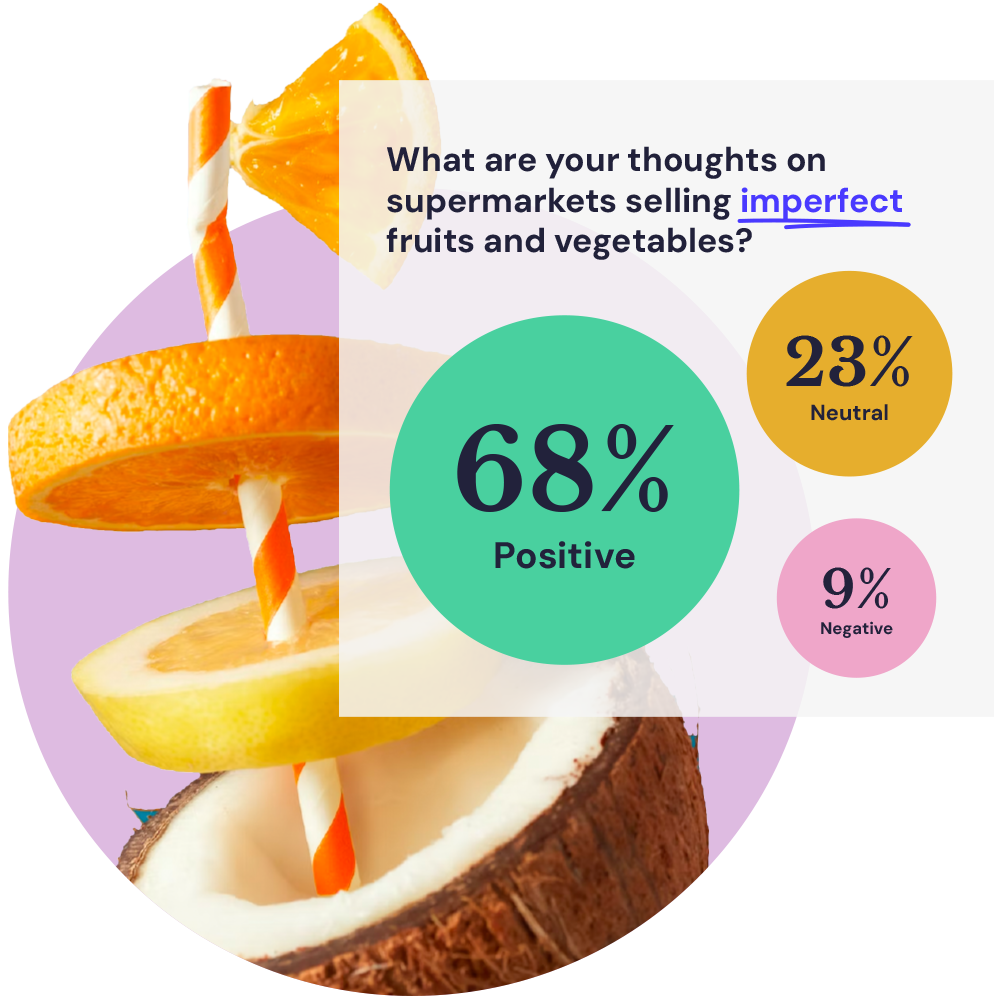
What does this mean for your products?
Unlike traditional research platforms, Vypr gets to the heart of how your product will perform with consumers in the real world.
We test fast, automatic System 1 responses by asking quick, well-formulated questions to the Vypr Community. Our app enables consumers to swiftly answer questions wherever they are.
This methodology more accurately reflects user behaviour and makes our product design intelligence more scientifically robust.
Why is behavioural science important for the new product development process?
Utilising behavioural analytics data in your product development helps with behavioural design. Behavioural design merges behavioural science (human psychology) with design and technology to improve your understanding of human tendencies and behaviours.
These are 3 key ways applying behavioural science and technology can benefit your product team:
Accuracy
At Vypr, we apply behavioural science and psychological principles in our product development for accurate data and knowledge about real-world user behaviour.
As trusted providers of consumer intelligence, our insights enable you to take a proactive approach to your product research and development process. Implementing behavioural design processes enables your product teams to stay ahead of market trends and build products your consumers truly value and want.
Speed
We use behavioural science to help you create short, to-the-point and impactful questions. This ensures you get faster, System 1 type responses from the Vypr Community that more accurately represent users’ actual behaviour.
Your target audience receives your steers (our version of questions) on their phone via our app. This allows a quicker response time, which speeds up your new product development strategy.
Objectivity
By asking the right questions to the right people and continuously testing user behaviours and opinions, you can gather evidence for a new concept or idea.
This comes straight from the consumer, so you don’t have to rely on suggestions or assumptions from your team. You also get a head start on your consumer intelligence research and behavioural product validation, allowing for smoother product development and innovation.
Vypr is the world’s leading product intelligence platform. Understand rapidly changing consumer behaviour through fast, cost-effective consumer insight.
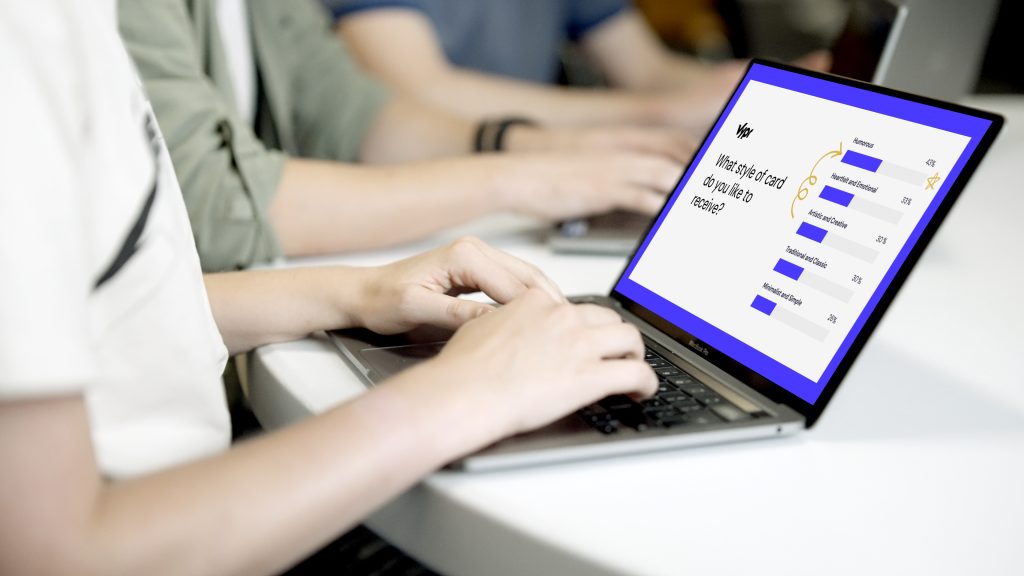
Better decisions for your business
You can build better products by leveraging consumer insights from our platform. Through our mobile-first consumer communities, we provide a mix of qualitative and quantitative functionality. This helps enhance your decision-making process throughout the product design and development process.
Our customer insight platform is ideal for businesses in a range of industries, including:
- Consumer packaged goods (CPG)
- Fast-moving consumer goods (FMCG)
- Retail
- Beauty and cosmetics
- Financial services
- Leisure and tourism
Agile product development
We adopt an agile methodology that spans across all teams. Agile innovation integrates design, product and marketing functions while focusing on micro-testing at every stage.
With Vypr, you can test every element of your design, product and marketing. This enables you to validate ideas early, and design products consumers really want. An effective product design process also reduces the risk of having to make costly changes later on.
Make evidence-based decisions with ease — just Vypr it.
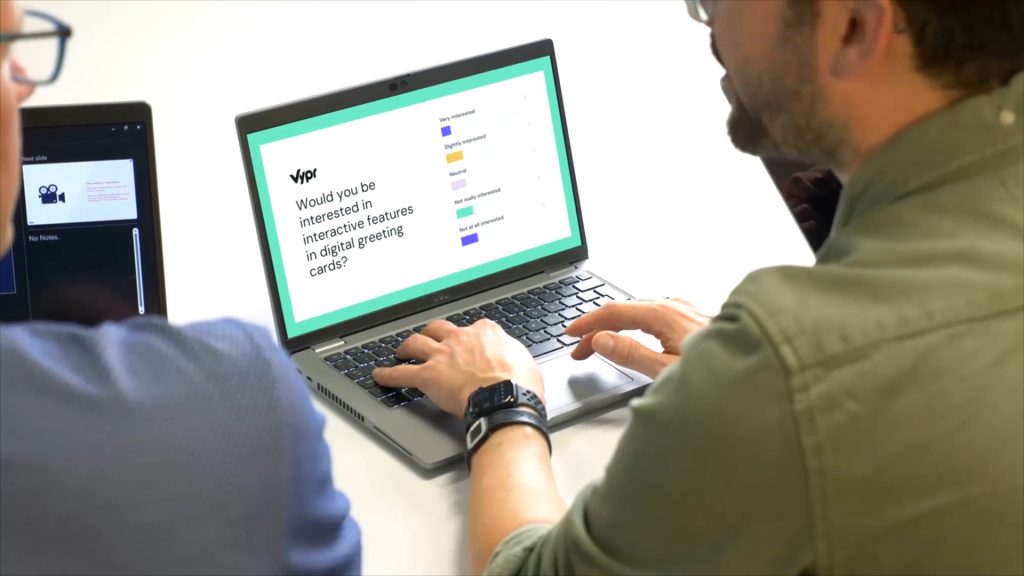
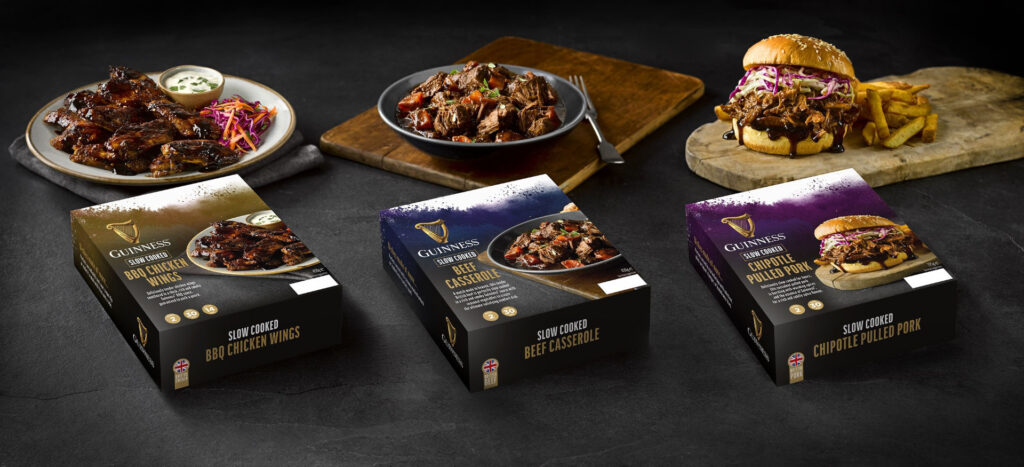
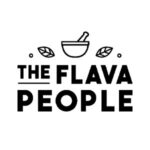
,
Build better products faster with Vypr
Vypr is the world’s leading product intelligence platform. Understand rapidly changing consumer behaviour through fast, cost-effective consumer insight.
Find success with your target audience with Vypr’s use of behavioural science for product development.
